Protecting Your Car During COVID-19
Lack of exercise won’t make your car flabby, but problems with the battery, the fuel and even malevolent wildlife are a real possibility.

Profit and prosper with the best of Kiplinger's advice on investing, taxes, retirement, personal finance and much more. Delivered daily. Enter your email in the box and click Sign Me Up.
You are now subscribed
Your newsletter sign-up was successful
Want to add more newsletters?

Delivered daily
Kiplinger Today
Profit and prosper with the best of Kiplinger's advice on investing, taxes, retirement, personal finance and much more delivered daily. Smart money moves start here.

Sent five days a week
Kiplinger A Step Ahead
Get practical help to make better financial decisions in your everyday life, from spending to savings on top deals.

Delivered daily
Kiplinger Closing Bell
Get today's biggest financial and investing headlines delivered to your inbox every day the U.S. stock market is open.

Sent twice a week
Kiplinger Adviser Intel
Financial pros across the country share best practices and fresh tactics to preserve and grow your wealth.

Delivered weekly
Kiplinger Tax Tips
Trim your federal and state tax bills with practical tax-planning and tax-cutting strategies.

Sent twice a week
Kiplinger Retirement Tips
Your twice-a-week guide to planning and enjoying a financially secure and richly rewarding retirement

Sent bimonthly.
Kiplinger Adviser Angle
Insights for advisers, wealth managers and other financial professionals.

Sent twice a week
Kiplinger Investing Weekly
Your twice-a-week roundup of promising stocks, funds, companies and industries you should consider, ones you should avoid, and why.

Sent weekly for six weeks
Kiplinger Invest for Retirement
Your step-by-step six-part series on how to invest for retirement, from devising a successful strategy to exactly which investments to choose.
If you’re sheltering at home during the COVID-19 pandemic, your cars are likely spending a lot of time sitting in your driveway.
But, much like people, cars need exercise and don’t do well if they sit for too long. How long is too long? Well, that varies, but with lockdowns in many places running over a month now, that’s too long for a car to go with little or no use.
The first sign is often a dead battery, though other problems can crop up as well. We’ll go through a number of ways you can head them off.
From just $107.88 $24.99 for Kiplinger Personal Finance
Become a smarter, better informed investor. Subscribe from just $107.88 $24.99, plus get up to 4 Special Issues

Sign up for Kiplinger’s Free Newsletters
Profit and prosper with the best of expert advice on investing, taxes, retirement, personal finance and more - straight to your e-mail.
Profit and prosper with the best of expert advice - straight to your e-mail.
Give it a spin. The first one is so straightforward that if you do it, you might not need most of the others: Drive the darn thing. Don’t just start it and let it idle or take a lap of the driveway or the block. You want to drive long enough (and fast enough) that the battery gets fully recharged, and the car’s various fluids get up to temperature. Twenty minutes should do the trick, and highway driving helps. Turn on the air conditioning while you’re at it so that system gets some exercise; its lubricant is suspended in the freon.
My VW Golf lets me monitor the oil temperature, and I drive until it’s above 212 degrees Fahrenheit so that contaminants like water and gasoline get cooked out of the oil.
If there’s some reason you can’t drive the car on the street (the insurance lapsed?), then turn it on and let it run long enough that you hear the engine’s electric cooling fan kick on.
This sort of “exercise” driving is the program that car collectors follow for their garage queens: Don’t turn on the car unless you’re going to take it out for a proper spin.
Check the fuel. The next issue for keeping your car in good health during COVID-19 is the condition of the fuel. People who use gas-powered tools, have a boat or some other recreational vehicle probably already know that gasoline, particularly gasoline that’s mixed with ethanol, has a shelf life. That’s why a lawn mower needs to be “run dry” at the end of the season, or have a stabilizer chemical mixed into the fuel.
How long will the gas in your car’s tank last before chemical degradation causes it to gum something up? It’s very hard to get a clear answer on this. For one thing, there are oodles of variables. (Is your weather humid? How old was the gas when you bought it? What’s the ethanol percentage?) Another is that the people who actually make fuel, i.e. refiners, have little interest in discussing how long it will last. Here’s my best guess: months, not years.
When did you fill your tank last? And when do you think you will again, based on how much you’re driving now? Most people will be fine, but if you think it could be, well, months, then an easy and cheap bit of insurance is to add fuel stabilizer to your tank.
A popular brand with a memorable name is Sta-Bil, but there are others. Because fuel stabilizers won’t “fix” fuel that’s already gone bad, sooner is better than later for using one of these, and if you have room in the tank to add some fresh fuel when you pour in the stabilizer, do so.
A few other considerations for a car less used: The battery. Conventional car batteries (we’re not talking about the drive batteries in EVs or hybrids) like to be regularly charged up. Regular driving does that, obviously. Car batteries also don’t like to be stored without charge. So, if you have let one go dead, get on that quickly with a jump start. If you can’t give the car its proper exercise, consider buying a trickle charger.
Tires. Keep your pressure up, but also be aware that a car that isn’t moved regularly can get flat spots on its tires. When you finally drive off, you’ll hear a speed-dependent “whomp-whomp-whomp.” If you’re lucky, it will go away when the tire warms up, but it might not. Following our “just drive it” advice will head this off, but if you can’t drive a car, at least try to move it forward and back a bit while it’s idling. The only certain way to avoid flat spotting is to put the car on stands, but that’s more trouble than most will want to take.
Brakes. Depending on the conditions where the car is stored, brakes may corrode when the car sits. This is normal; brake rotors on all but the most expensive cars are made of cast iron, and corrode quickly. Simply braking while you drive cleans them right up as the pads scrape away the corrosion. If you’re using your car less, you might notice a “graunch” sound the first few times you apply the brakes. It should go away. If you park somewhere that’s damp and can’t use the car for a while, consider NOT applying the parking brake so that it doesn’t corrode in place. Make sure the car is in gear and safely situated, though.
Critters. Animals can make short work of an automobile. Their usual target is wiring, which in many cars has a soy-based insulation that’s attractive to rodents. (The little buggers took out my Toyota Highlander!) A car that’s less frequently driven can be prime wildlife habitat. Potential solutions: Parking it farther away from landscape features (rock walls, say) that are already animal friendly. Putting the cat on patrol, possibly even with a visit INSIDE the car. A variety of repellents are available. And, of course, traps.
Cosmetics. Garaging is best, of course. If that’s not an option, consider using sunshades to keep damaging UV rays from the interior. If you’re considering covering your car, remember to buy something car-specific. Plastic tarps from the hardware store don’t cut it and will damage your paint.
Profit and prosper with the best of Kiplinger's advice on investing, taxes, retirement, personal finance and much more. Delivered daily. Enter your email in the box and click Sign Me Up.

In his former role as Senior Online Editor, David edited and wrote a wide range of content for Kiplinger.com. With more than 20 years of experience with Kiplinger, David worked on numerous Kiplinger publications, including The Kiplinger Letter and Kiplinger’s Personal Finance magazine. He co-hosted Your Money's Worth, Kiplinger's podcast and helped develop the Economic Forecasts feature.
-
 5 Vince Lombardi Quotes Retirees Should Live By
5 Vince Lombardi Quotes Retirees Should Live ByThe iconic football coach's philosophy can help retirees win at the game of life.
-
 The $200,000 Olympic 'Pension' is a Retirement Game-Changer for Team USA
The $200,000 Olympic 'Pension' is a Retirement Game-Changer for Team USAThe donation by financier Ross Stevens is meant to be a "retirement program" for Team USA Olympic and Paralympic athletes.
-
 10 Cheapest Places to Live in Colorado
10 Cheapest Places to Live in ColoradoProperty Tax Looking for a cozy cabin near the slopes? These Colorado counties combine reasonable house prices with the state's lowest property tax bills.
-
 10 Things You Should Know About Buying a Car Today, Even if You've Bought Before
10 Things You Should Know About Buying a Car Today, Even if You've Bought BeforeIf buying a car is on your to-do list, and it's been a while since you went shopping for a new one, this guide will help avoid any nasty shocks in the showroom.
-
 Get the Best Car Deal in Retirement: Here's the Trick
Get the Best Car Deal in Retirement: Here's the TrickPlanning on shopping for a new car this Labor Day weekend? Here’s how to haggle for a better price, even though you're retired.
-
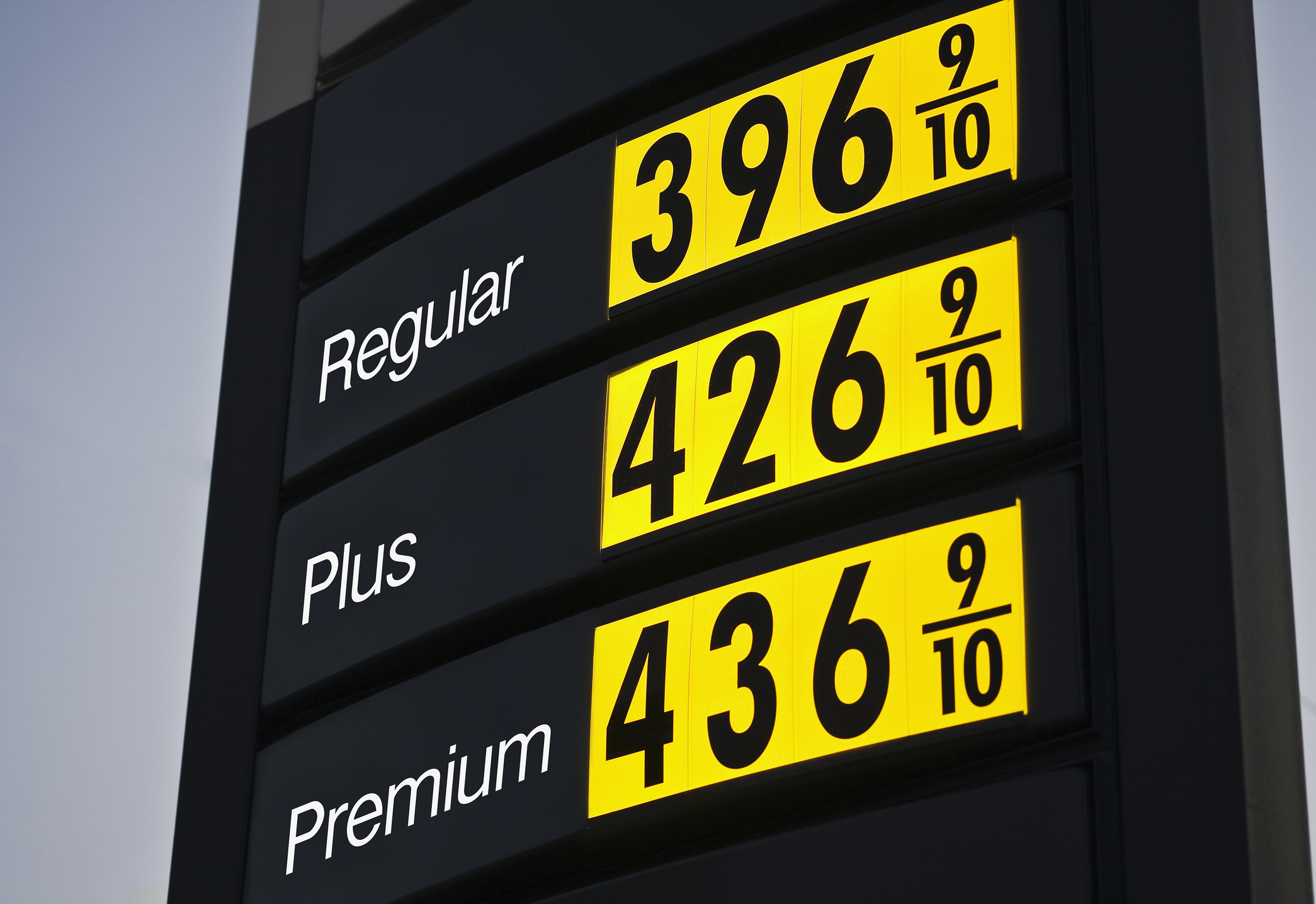 7 Gas-Saving Tips That Actually Work
7 Gas-Saving Tips That Actually WorkThese are gas-saving tips that will actually work for you and your car this year.
-
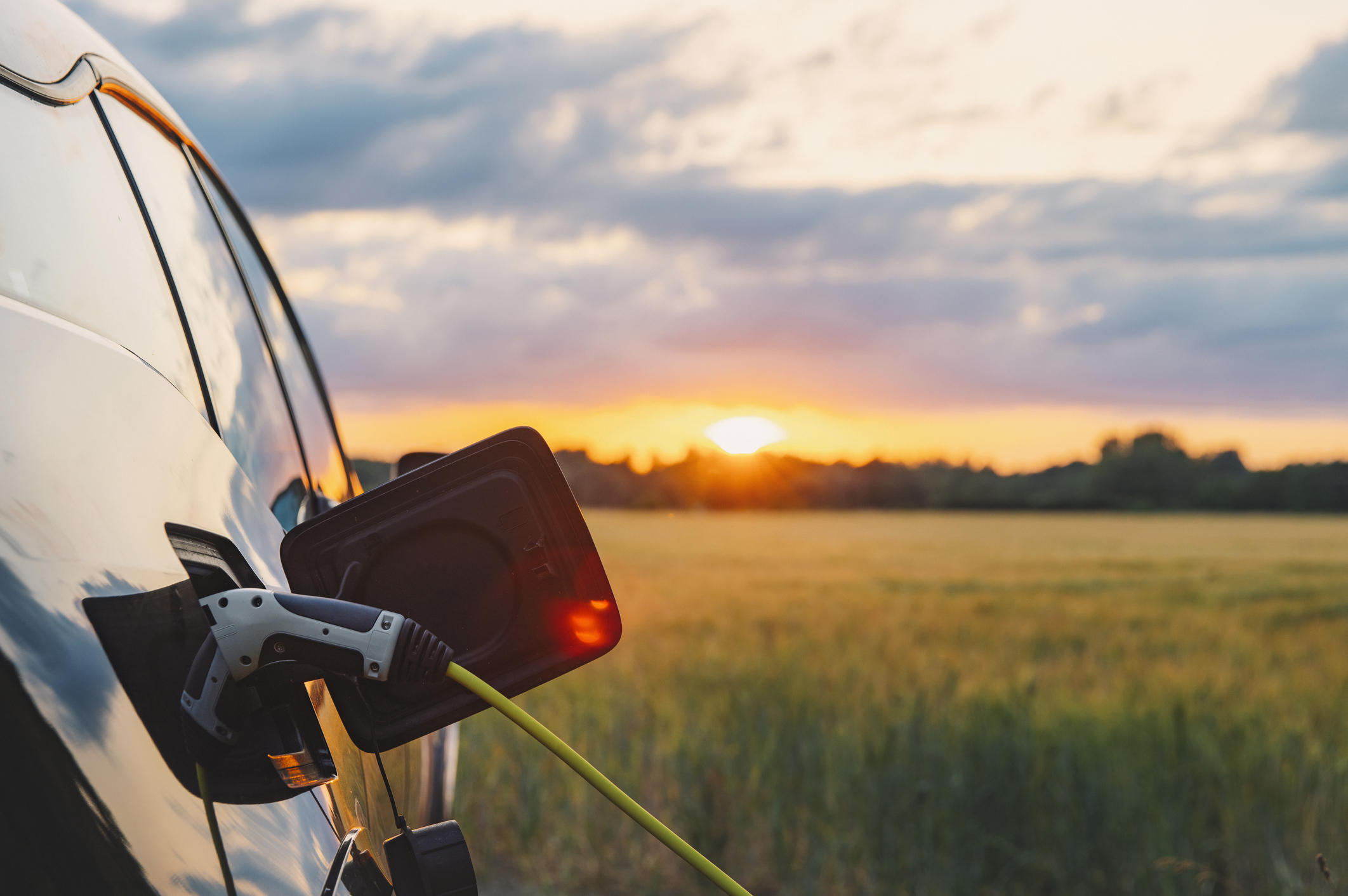 Want to Lease an EV? The Tax Credit 'Loophole' for That Is Going Away Soon
Want to Lease an EV? The Tax Credit 'Loophole' for That Is Going Away SoonTax Credits If you are deciding whether to lease or buy an electric vehicle, here is what you need to know about how the EV lease tax credit works now that it will be eliminated under Trump's new tax law.
-
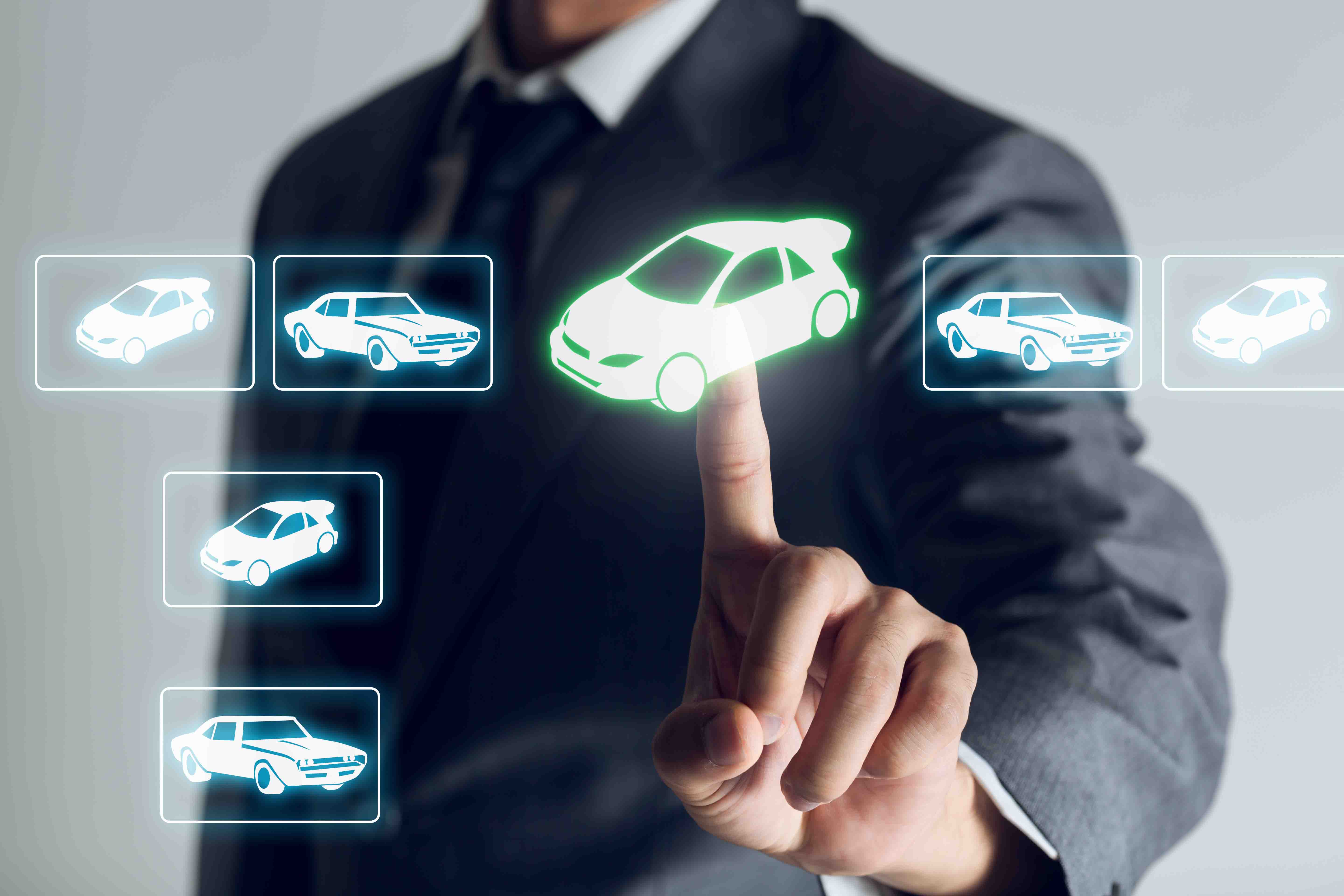 Car Buying in a Topsy-Turvy Market
Car Buying in a Topsy-Turvy MarketYou need a new car? Good luck with that! What should you do? We've got some answers.
-
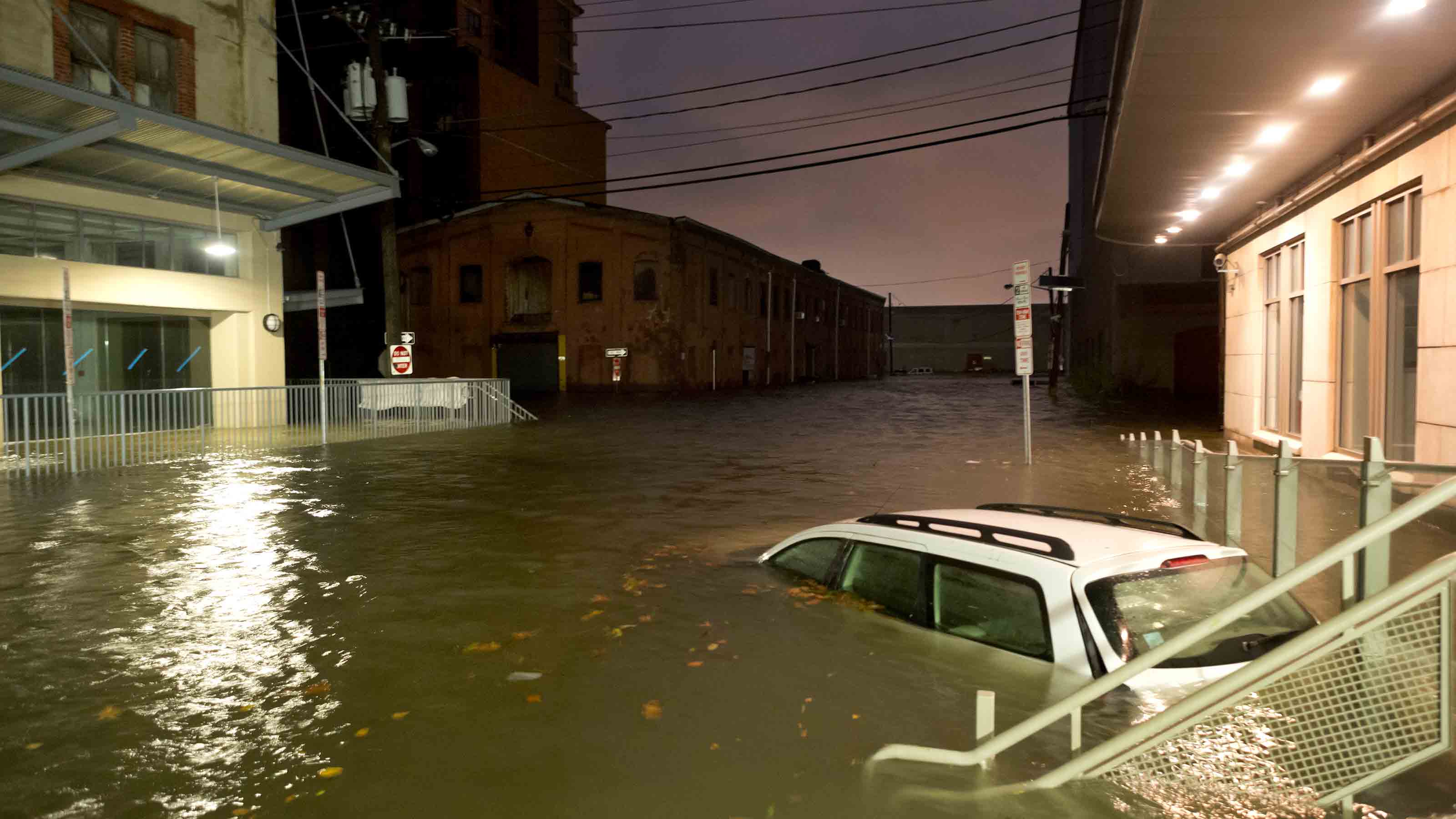 Watch Out for Flood-Damaged Cars from Hurricane Ian
Watch Out for Flood-Damaged Cars from Hurricane IanBuying & Leasing a Car In the wake of Hurricane Ian, more flood-damaged cars may hit the market. Car prices may rise further because of increased demand as well.
-
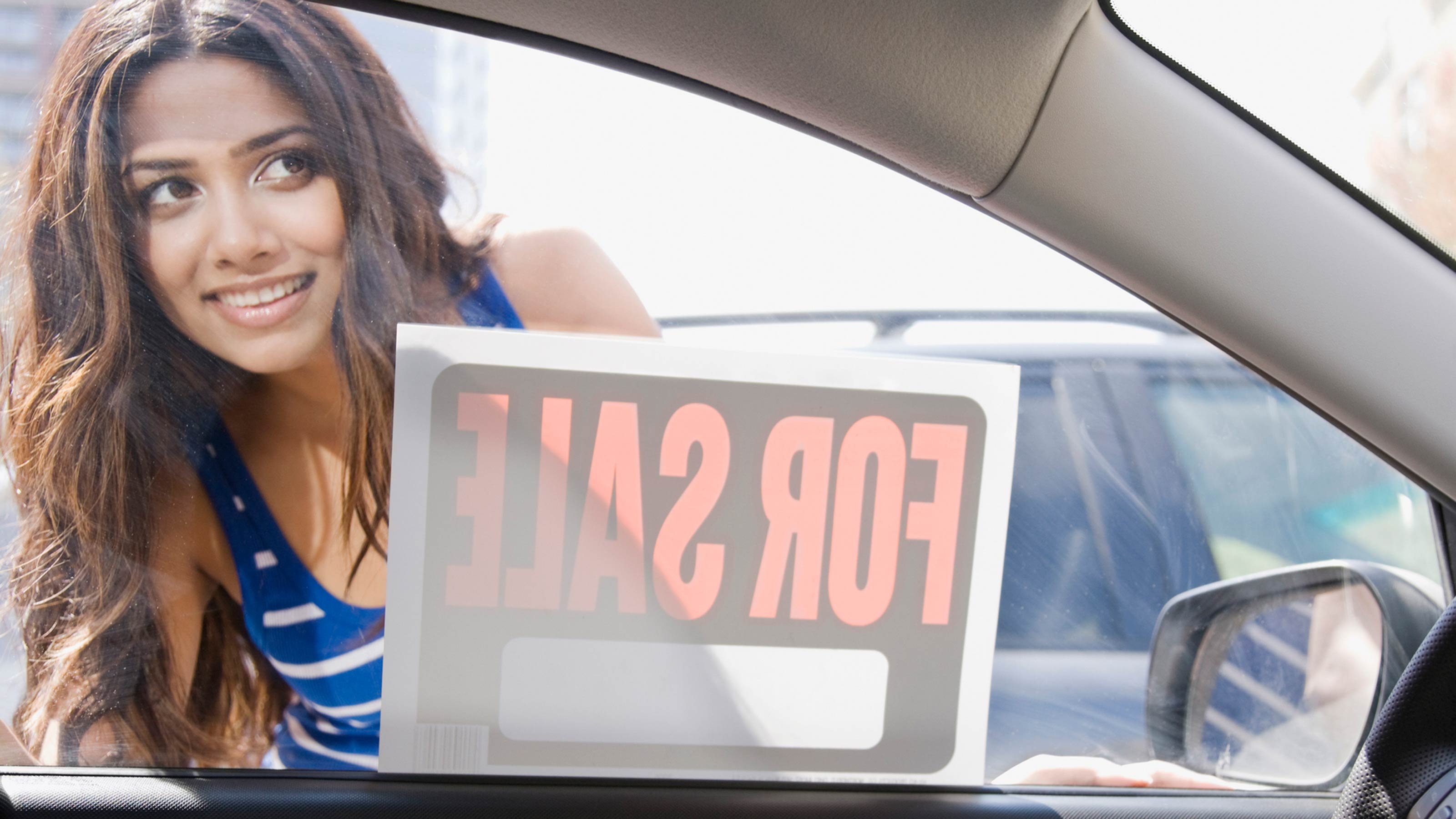 Car Buyers: The 3-Day Grace Period Is Just a Myth!
Car Buyers: The 3-Day Grace Period Is Just a Myth!Buying & Leasing a Car Many car buyers think they have three days after making a purchase to return a car. Here’s where they’re going wrong, and what they should do instead to get a decent used car.
-
 PODCAST: Car-Buying in an Inflated Market with Jenni Newman
PODCAST: Car-Buying in an Inflated Market with Jenni NewmanBuying & Leasing a Car With cars both scarce and expensive these days, what to do if you want – or need – a new ride? Car-buying strategist Jenni Newman of Cars.com shares some tips. Also, more on the magical 9% savings bond.